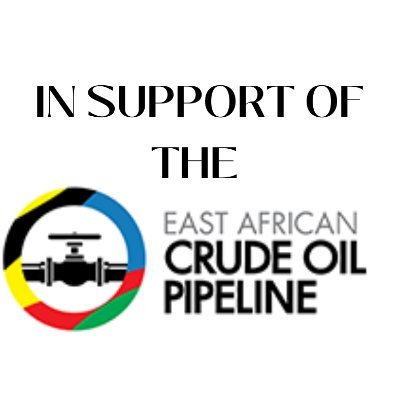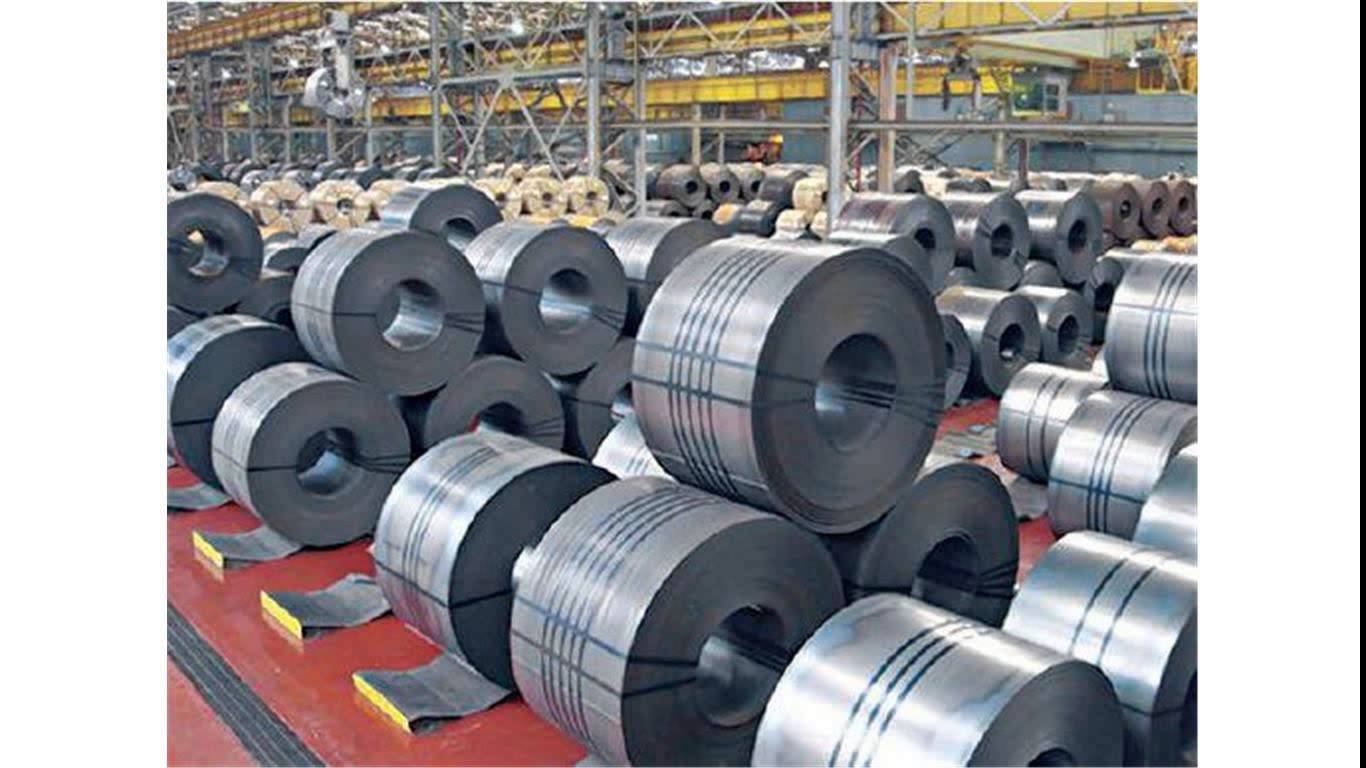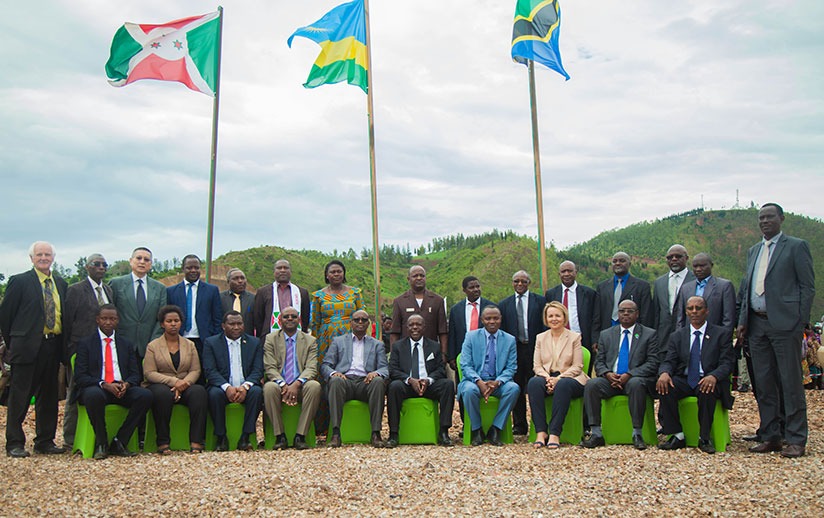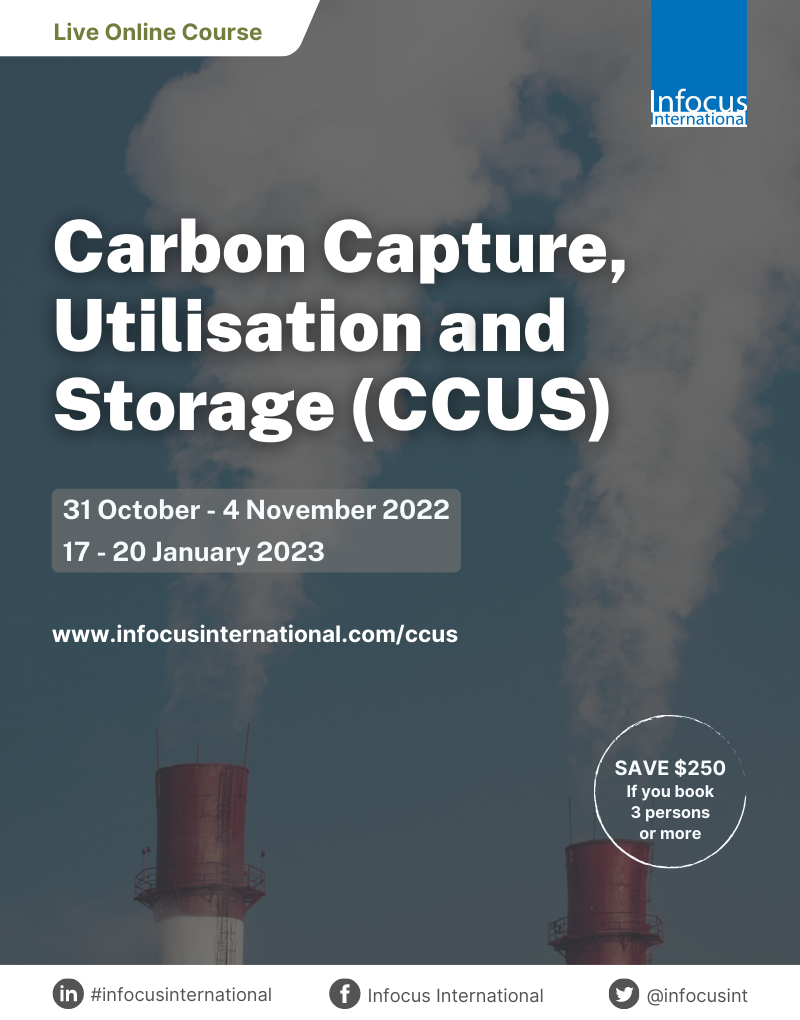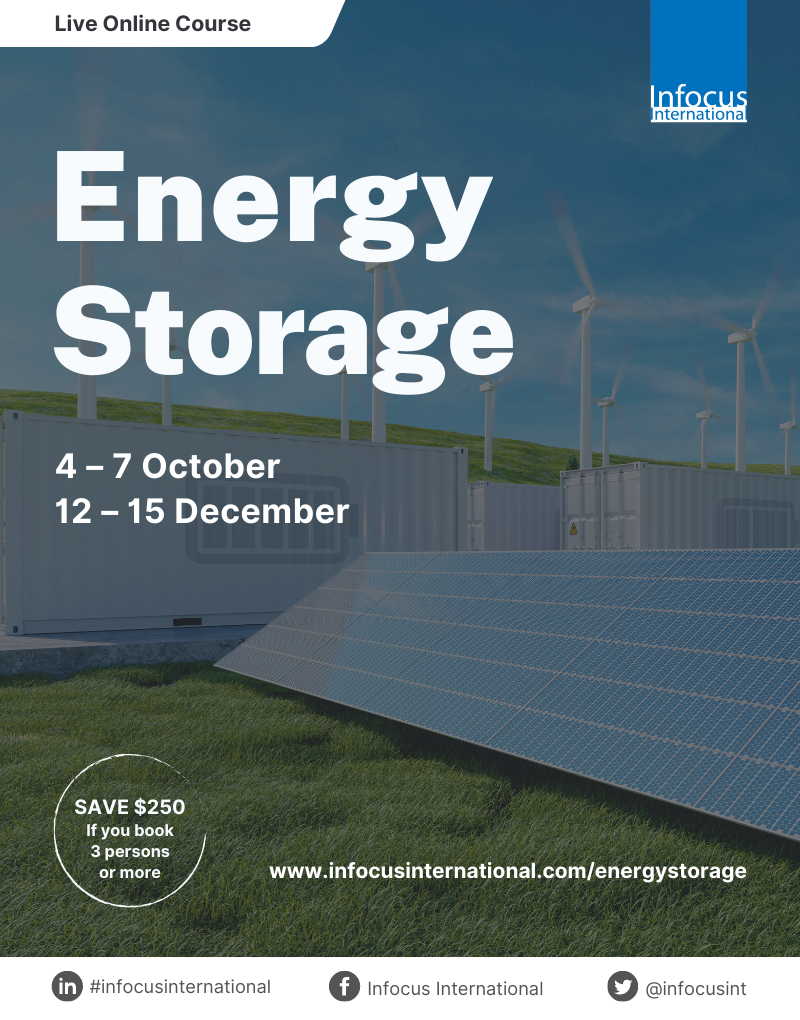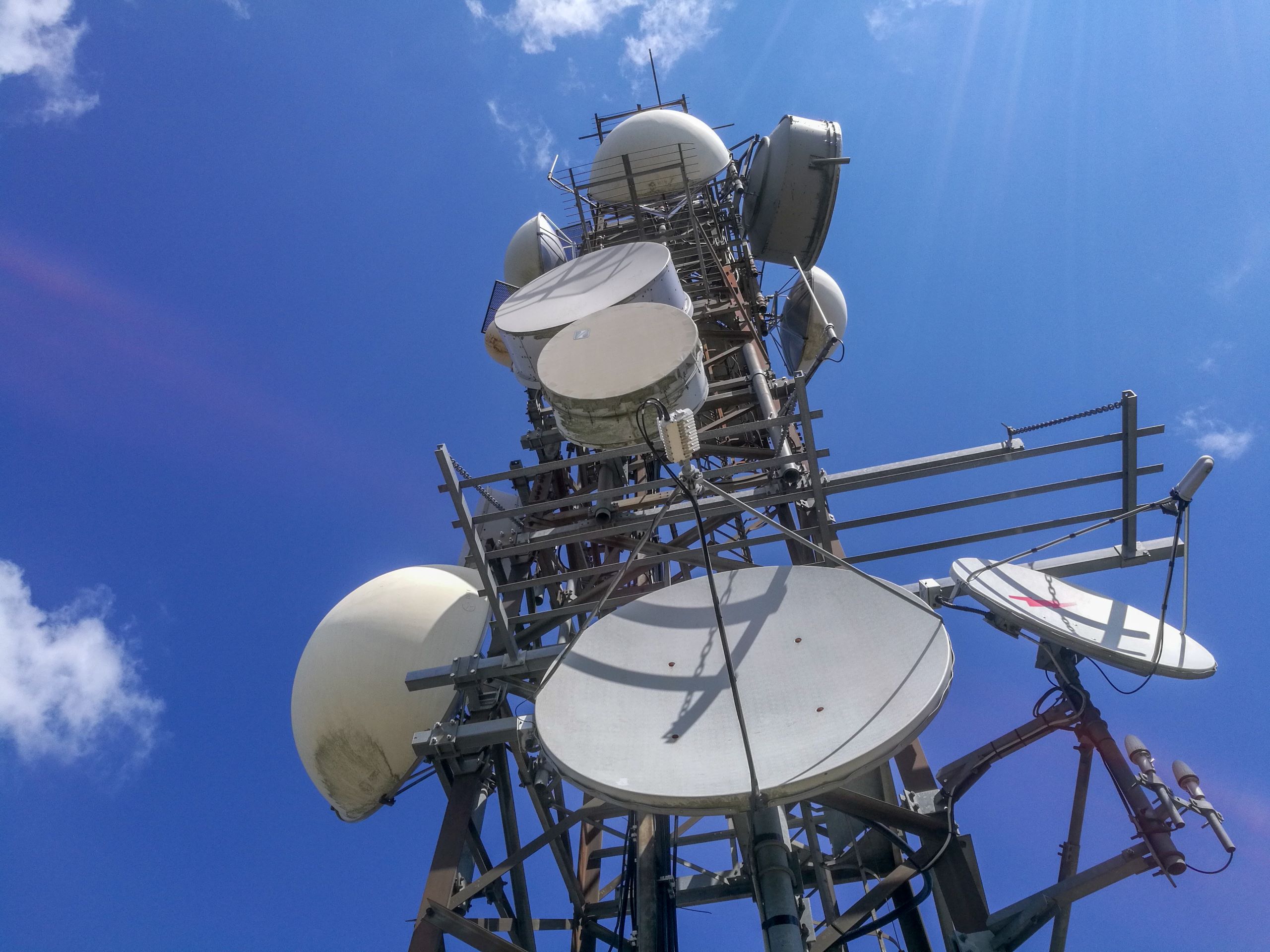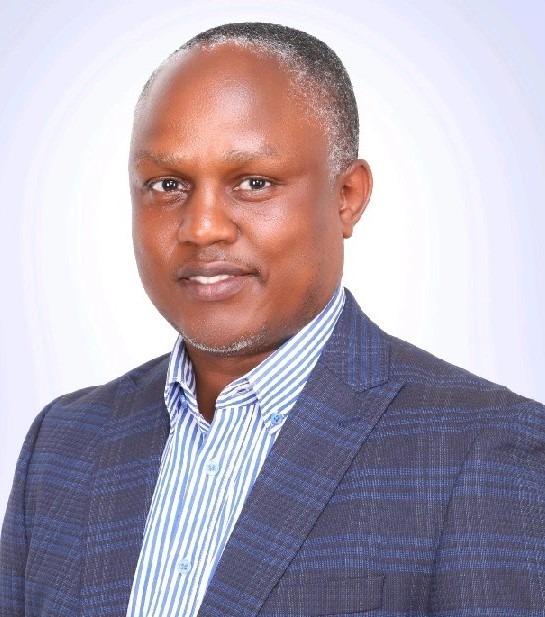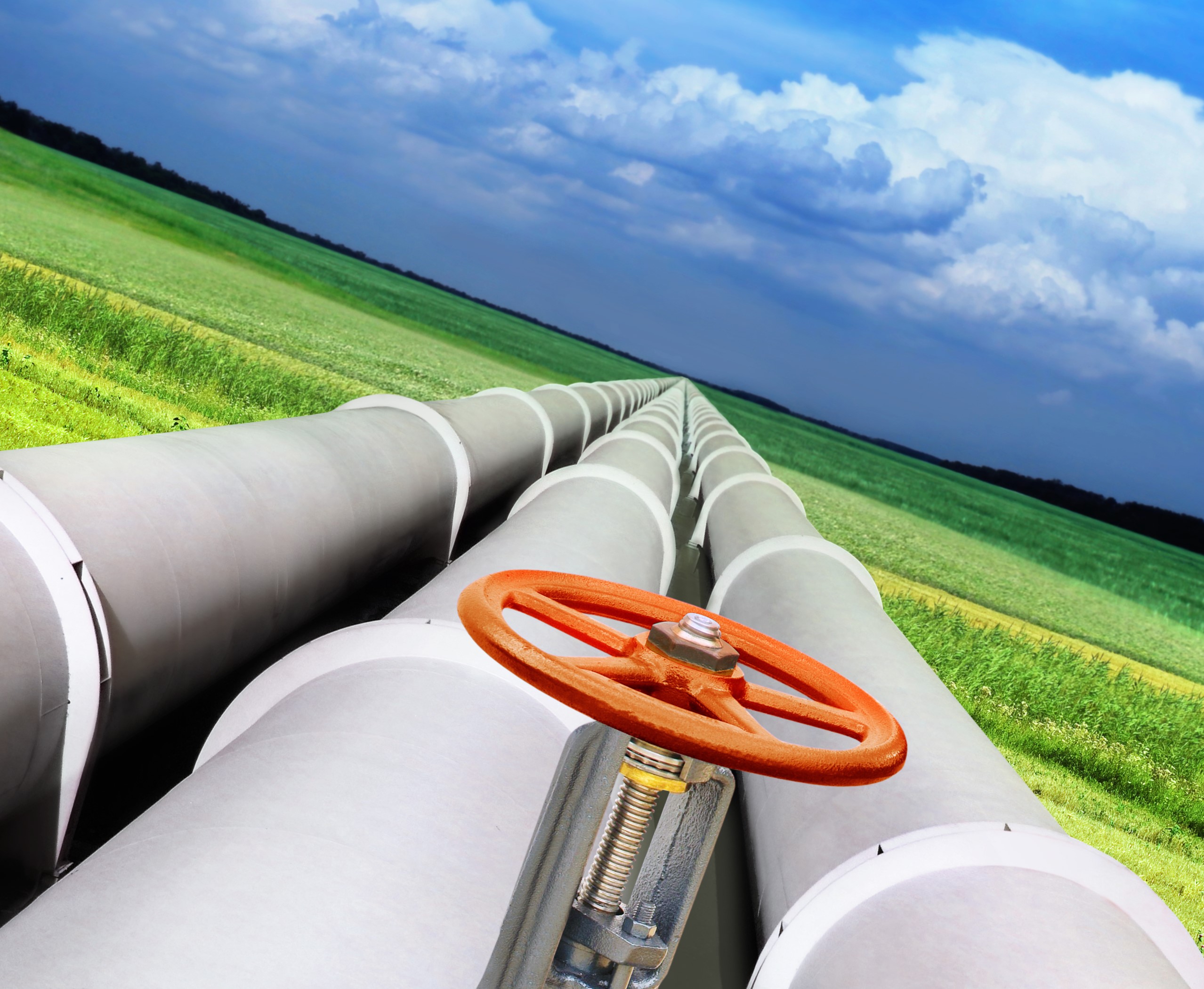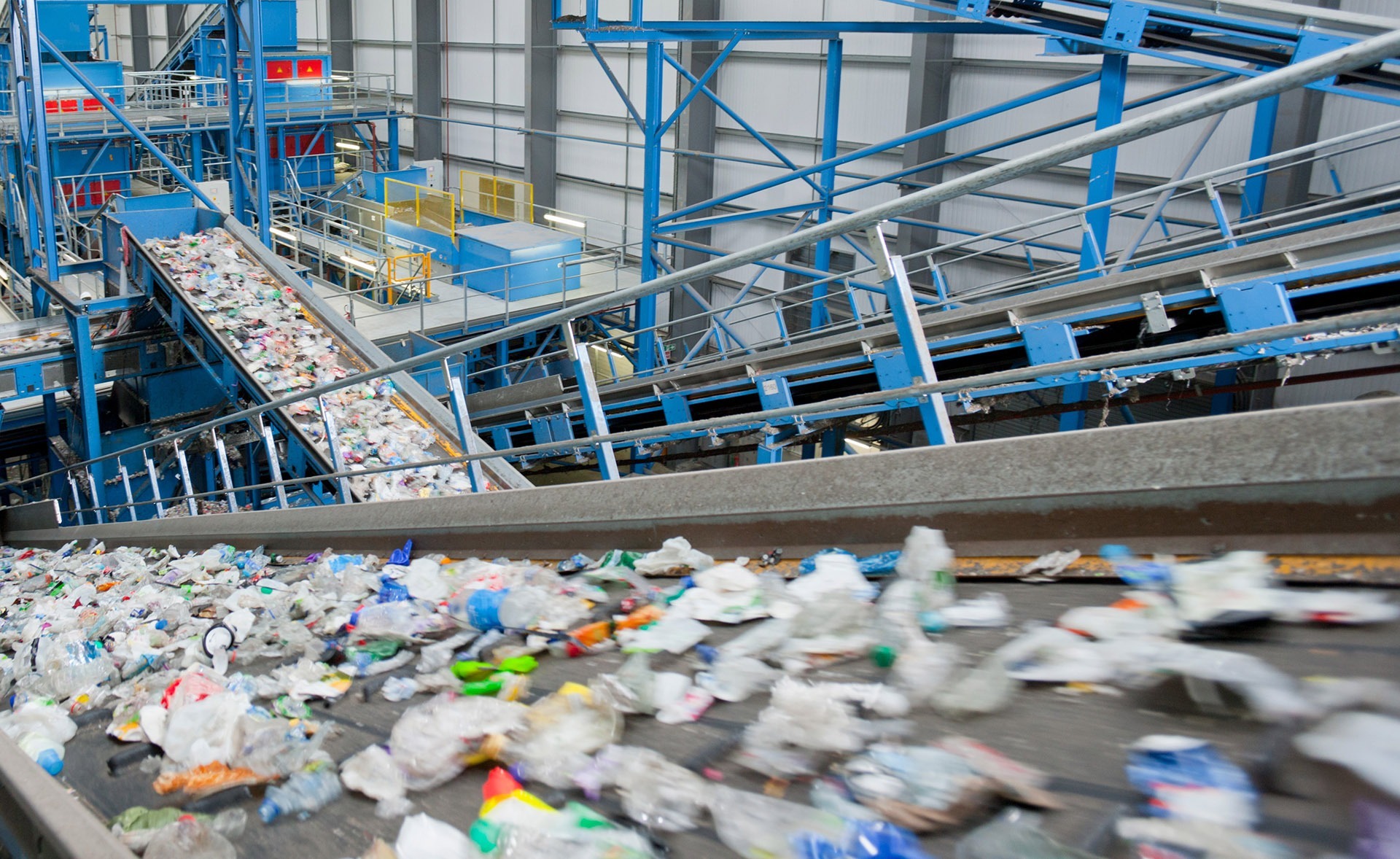A few months ago, a leading restaurant in Kampala was headed for a major crisis that could have shaken its market. A customer (some say she was hired by competition to damage the reputation of this eatery) posted on social media that she had bought a milkshake at the popular café, and that she found a dead rat in it. If you are in the food business, that is a killer blow. Gosh, nobody wants to find a rat or some dead thing in their food or drink.
Initially the usually gullible and sensational media – especially the online publications- jumped at the social media post publishing headlines like “Kampala babe finds dead rat in Cafe …. milkshake” and such similar uncritical headlines and stories.
The said restaurant did not panic, nor did they go on a fierce defensive mode. Instead, they sat back and analyzed the allegations. They identified two major weaknesses of the dead rat claims – which provided the vantage point to debunk them.
First, the person who hatched the plan hadn’t thought thoroughly through their plot – if the order is a milkshake – the process of making it involves blending – and anyone who has used even a basic home electric blender knows – that the speeds at which it turns and churns around cannot leave any fleshy object on its path. There is no chance that a dead rat can survive the blender from the restaurants kitchen to reach the table of the customer in one piece. If a dead rat found its way into the milkshake at all, then surely it should have happened outside the restaurant- out of carelessness of the customer in question – which is outside of the responsibility of the restaurant.
Secondly, the restaurant, thanks to its smartness in keeping its (“big”) data, was able to dig up the video recording of this particular order (client) and showed how it was placed, how it was processed in their kitchen and how it was served to the client in question. Again, the video made the point, without saying it, that a dead rat could not have been served in the milkshake.
Long story short – the café’s clientele refused to believe the rat claims. Instead, they went in droves to the restaurant, and were posting pictures of themselves having their breakfast, lunch or dinner at the café. That was a huge statement of confidence on the restaurant (and a PR coup!). By these simple, but well considered actions, the restaurant had not only stressless-ly averted an otherwise boggling crisis, but it also did not need to spend huge amounts of money to battle the otherwise damaging crisis – to save its reputation, and business.
Need we add that the restaurant in question is well known and exceedingly regarded for its efficiency, world class customer care and high gourmet standards?
Over the past fortnight, Uganda’s nascent oil industry has been thrown to the ring, following a Resolution by the EU Parliament to among others, call “for the EU and the international community to exert maximum pressure on Ugandan and Tanzanian authorities, as well as the project promoters and stakeholders, to protect the environment and to put an end to the extractive activities in protected and sensitive ecosystems…… and commit to using the best available means to preserve the culture, health, and future of the communities affected and to explore alternatives in line with international climate and biodiversity commitments.”
Both Uganda’s and Tanzania’s national oil players have spent the last two weeks in the trenches fighting off the possible damage by the EU Parliament Resolution. In Uganda, the “crisis” has sucked in President Yoweri Museveni who has had to come in to assuage the otherwise growing tension among Ugandans on the project that the Government has been promoting widely, and has invested heavily. He assured Ugandans that the project will continue as planned.
“I want to assure you that the project shall proceed as stipulated in the contract we have with TotalEnergies and CNOOC,” President Museveni tweeted.
He went on, “We should remember that Total Energies convinced me about the Pipeline idea; if they choose to listen to the EU Parliament, we shall find someone else to work with. Either way, we shall have our oil coming out by 2025 as planned. So, the people of Uganda should not worry.”
The communications gurus from the Petroleum Authority of Uganda and the Uganda National oil Company led by their chiefs of corporate affairs, Ali Ssekatawa and Peter Mulisa respectively, have literarily spent the last two weeks doing social and conventional media battles with the sponsors of the EU Resolution and the “Stop EACOP” Campaign agents. Their line of battle has mainly been to discredit the EU Parliament Resolution and “Stop EACOP” campaign as neocolonial, racist, imperialistic, an anti-Africa agenda and colored with intentions to keep Africa poor.
This line has been successful in causing revulsion amongst Ugandans of the EU Resolution. As a result, there has been a near unanimous support among Ugandans for #SupportEACOP. (Here at The Infrastructure we stand up to be counted, We #SupportEACOP).
Other communications and PR experts argue that the approach taken to deal with the “crisis” should have been to focus on punching holes on the technical issues raised by the Resolution rather than taking the approach of “blackmailing” the EU Parliament and some of its actors.
Firebrand Kira Municipality Member of Parliament, Ibrahim Ssemujju Nganda, himself a former journalist, among others, have taken the view that the Resolution by the EU raises issues of human rights, environmental conservation, democracy that need to be sufficiently addressed by the Government of Uganda, rather than just dismissing the Resolution and “Stop EACOP. “
Adonia Ayebare, Uganda’s Ambassador to the UN, a former journalist and now one of Uganda’s most accomplished diplomats, seemed to support the view of focusing on providing relevant information, when he tweeted out of New York to thank UNOC for providing an explanatory map showing the route of the correct geography and topology of the pipeline. “Stop EACOP” had circulated a map showing the pipeline passing through many rivers that are not known to exist.
“Peter (UNOC) this is excellent and should be amplified and explained. It was not coming out clearly – the negative stuff was taking center stage,” he tweeted.
The oil sector is one of the most crisis-prone industries anywhere in the world. If you are in the oil and gas sector, a crisis is a matter of when, not if it, it will happen. In crisis communications classes, the oil industry is always the guinea pig for training and prepping PR and communications professionals. This is the first, and will not be the last of the crises that the country’s nascent oil sector will face.
Winston Churchill once said: “Never allow any good crisis go to waste.” There are a lot of lessons to learn from the current “crisis” thrown to East African Crude Oil Pipeline (EACOP) by the EU Parliament – especially as Uganda makes strides in developing her oil resources. These lessons must be learnt and taken seriously because Uganda’s oil players – especially Uganda National Oil Company and the Petroleum Authority of Uganda must brace themselves for more crises in future.
The first lesson to take from the current “crisis,” but also from our earlier example of the restaurant chain, is that anyone involved in a delicate industry like oil and gas extraction (and food), needs to have and keep a robust crisis communications strategy in their back pocket, all the time.
A crisis communications strategy keeps you prepared and ready for any eventuality, anytime. The moment a crisis occurs, it takes a couple of hours to regroup, refresh, put your resources together- and you are ready to roll fluently, in order and with appropriate messages, appropriate media, appropriate issues to deal with. Without such a strategy, you are naturally thrown into massive confusion (and possibly a panic) that could result in haphazard and wrong messaging, wrong approaches, dealing with the wrong issues, etc which only help to fan the crisis rather than extinguishing it.
The second lesson is that if you are dealing with a strategic and globally volatile product like oil, it is important for Government to think system-wide rather than the siloed approach. The oil sector is easily one of the biggest single investments that Uganda as a country will ever make. Accordingly, the country needs to think strategically – and systematically- in dealing with future oil crises.
A senior PR expert who did not want to be named because of her work in a government entity told The Infrastructure Magazine that this is one instance when Government needed to think system. “Reacting to oil crises should be multi-sectoral (rather than soloing to UNOC and PAU). On this particular case, the main scene for response should have been Brussels, and Uganda’s Ambassador to the EU should be the lead spokesperson for Uganda. The Mission in Brussels should have taken over the issue – and armed with the appropriate messages to address key concerns – using all available diplomatic channels to get the right messages to the EU and its parliament,” she said.
“The Embassy in Brussels should be working the phones and e-mail to get meetings fixed, to make presentations, hold breakfast meetings, provide briefings, backgrounders, project summaries, etc and engaging with the who is who in the EU. By now given the strategic nature of oil, Uganda should have positioned qualified and competent people to deal with crises like these in embassies in key capitals like Brussels, Paris, London, Washington DC, New York, among others,” she said, “Postings to such stations should be considered on merit against strategic national interests rather than political expediency.”
Another communication expert, a former executive of the Public Relations Association of Uganda (PRAU) told us that the media – especially the local media- is not necessarily the solution to every problem. “Working the local media may not have been the most appropriate response in this case. Over the last two weeks, Government institutions have worked the local media on the EU Parliament Resolution so hard that in the process they have ended up disseminating and promoting the EU Resolution among Ugandans. Government institutions have ended up giving the Resolution more visibility and prominence in Uganda, than the EU Parliament itself could have done,” he said.
He went on to say that it is also important that people who understand international relations and diplomacy are deployed. International institutions – especially western ones, but even Chinese and Russians- are not arbitrary, haphazard and without system and method. They follow pre-drafted philosophies, narratives, values, scripts, etc. It is important to understand what drives such international actors so as to effectively engage with them.
He said the EU for example was formed and has always positioned itself as the world’s champion and policeman for human rights, democracy, environment. So when they pass resolutions like they did, it is just part of their thinking and ways of doing things. “It’s not that they have picked on Uganda, and want to target and specifically sabotage Uganda. Rather it is part of their trying to assert their influence around the world – and Uganda has no control over that. Knowledge of what drives international actors (their purpose, agenda, priorities- etc) be they Europeans, Americans, Chinese, Russians, is important in shaping how to deal with them.”
The other lesson is that public relations and creating a good image of an entity – like we saw with the café – is done during the good times, when there is no crisis. Trying to project a good image when a crisis arises doesn’t help much.
The Café was able to ward off an otherwise damaging attack because it always maintained and kept good and high reputation, credibility, popularity, trust, etc in its market. The same should be with the oil sector. During good times, UNOC and PAU should use all available resources and channels to build good relations and share information about the sector. Selective use of channels and sharing of information will not save the day when the day of the crisis arrives. Goodwill, sympathy, public support is gained during the good times.
Jimmy Kiberu, a PR expert who has worked with many multi-national organizations argued in a tweet that when responding to a crisis, it is important to avoid being dragged to all directions by the perpetrator of the attack. It is important to be strategic and provide only important information to deal with the issues, and avoid entering a shouting match with the perpetrators.
“Brilliant and knowledgeable discussion on #EU Resolution on Uganda’s oil project with informed panel featuring Busiro East MP @MedardSseggona lawyer @elisonk and. @ntvuganda moderator has her head properly screwed on!. Breath of fresh air,” Kiberu later tweeted to reinforce his point of focusing on providing information rather than joining the perpetrators in trading insults.
Hashim Wasswa Mulangwa,made the same point, “Engage on the technical arguments (economic, social and environmental) – these clearly are strongly in favor of the project and government side. Makes for a more productive engagement. The racial and colonial accusations might be justified, but clearly serve little purpose,” he tweeted.
Speaking in one of the Twitter Spaces hosted by Lawyer Elly Karuhanga of Kampala Associated Advocates, Sarah Kagingo, a former president of the Public Relations Association of Uganda and a senior PR official in the office of the Speaker of Parliament advised Government spokespersons on the crisis to reduce counterattacks on the perpetrators and focus on providing the necessary information and messages.




